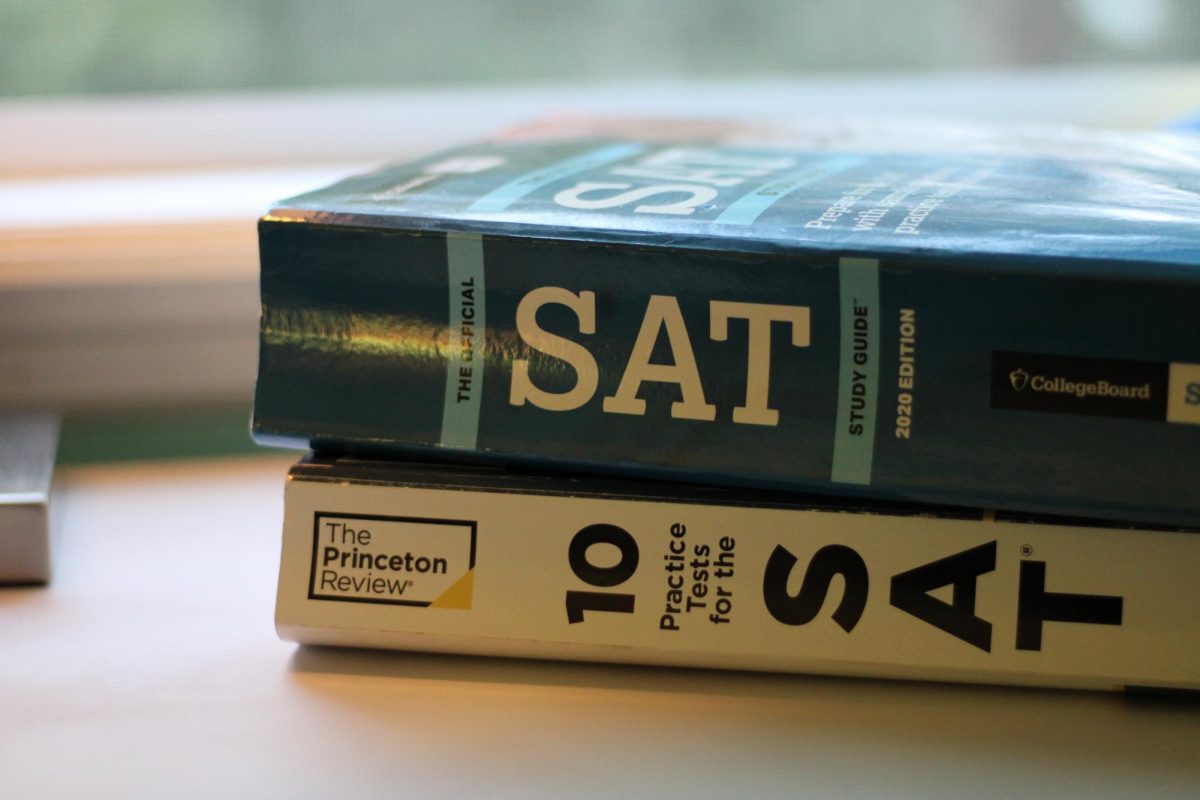The ACT (American College Testing) and SAT (Scholastic Aptitude Test) are two of the most well-known tests in the United States, with close to three million students taking the tests each year. However, despite these tests being so widespread, shockingly few students actually know the differences between the two tests, or which one would be better for them, leaving much confusion and uncertainty.
Key Differences Between the ACT and the SAT
Many students don’t know about the main differences between the tests, including important information such as the time. The SAT and ACT are different tests, with vastly different lengths. The SAT measures in at two hours and fourteen minutes, while the ACT spans an entire two hours and fifty-five minutes, requiring much more testing endurance than the SAT, leading to the tests better fitting different students. With some being crushed by the fatigue of a three-hour test, and some not minding the massive length.
How many questions do each test have?
Corresponding to the test’s differences in time, both tests boast vastly different amounts of questions. The ACT, the longer of the two tests, has a massive load of 215 questions, whereas the SAT only contains 154 questions. Additionally, on the ACT you have about 48 seconds to do a question, while the SAT provides 52 seconds for each question. Although a four second difference may not seem like a large margin, due to the multitude of questions, the time quickly adds up, with the four extra seconds on the SAT providing a massive boon in the long run.
College Preferences
Which test do colleges prefer? This question is asked perpetually by college-hopeful high schoolers and is often the driving fact0r in what a student chooses.
“Colleges do not have a preference on which tests students take,” Dr. Jennifer Martin said, a college admissions consultant and President-Elect of the Higher Education Consultants Association. “Students should take the test that matches best with their abilities and returns the highest scores,” Martin said.
In the eyes of colleges, both of the tests are equal, and the only factor that determines what tests you should take should be your own personal preference on the format of the tests.
What are the Differences Between the Tests?
The SAT and ACT differ in not just length, but also content. The SAT focuses entirely on English, Writing and Math, while the ACT contains additional topics. Expanding on the SAT, the ACT contains not just English, Writing and Math, but also has a section on Science, often containing large graphs and lengthy, detailed paragraphs in relation to an aspect of science.
When Should You Take the Tests?
One of the biggest points of confusion surrounding the tests are when exactly to take it. Although many believe that they should take it around their junior year, it actually depends on the classes that you take.
“Ideally, students should sit for standardized tests shortly after completing Algebra 2,” Martin said. “The bulk of the math section covers material from Algebra 2, and the longer you wait, the more of that material is forgotten.”
The majority of students take Algebra 2 sophomore year and therefore should take the test over the summer or the beginning of junior year. However, for students who are involved in programs similar to IB or partake in double accelerated classes may end up taking Algebra 2 freshman year, and then should begin testing their sophomore year, earlier than most students expect.
“I am taking the SAT this year,” Talon Schenck (’27) said. “Because I took algebra two freshman year and if I wait until junior year then I’m not going to remember it.”
Why Should You Take the Tests?
Many schools went test optional in 2020 and never came back, instead viewing the tests as an added bonus on a student’s applications instead of a necessity. Despite this, it’s still imperative a student takes one of the two tests. The ACT and SAT can help bolster a person’s chances for acceptance to their desired school by proving their commitment towards their education as well as their intellectual abilities. Despite colleges viewing the tests as not necessarily required, for students they are still a must.
“I’m taking the SAT and the ACT to prepare for college,” Sophia Wolfson (’26) said. “Early decision applications come first semester senior year, so I’d like to complete the SAT and ACT before senior year starts.”
Standardized testing is one of the most crucial parts of applying to colleges, yet many students aren’t aware of the multitude of differences surrounding the tests such as the differentiating lengths and number of questions, or the majority lack of preference by colleges. Hopefully students will have adequate knowledge on the two crucial tests, as testing season is rapidly approaching.



